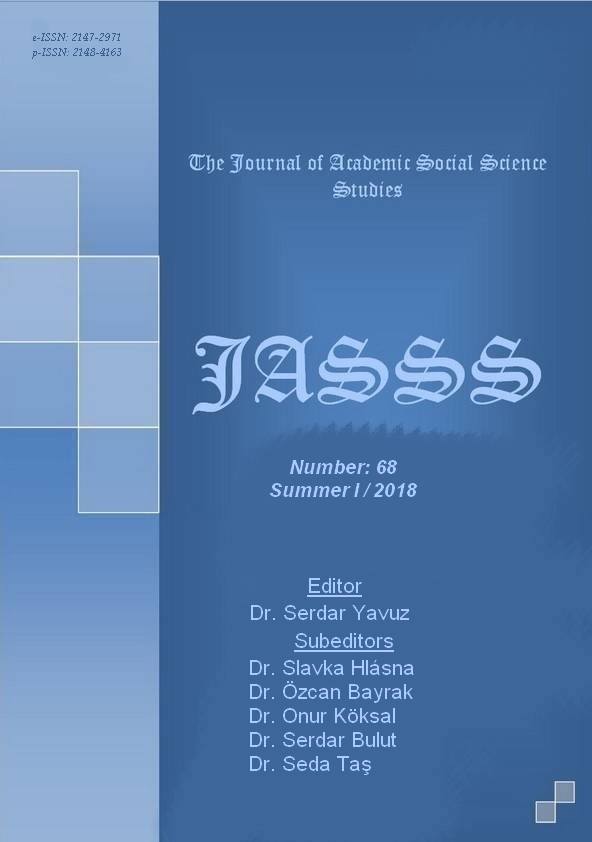Author :
Abstract
Hızlı gelişen teknolojinin yakın etkisi altındaki toplumla birlikte, kentsel ve ekonomik alandaki gelişmeler 1850’lerden itibaren gelişim göstermiştir. Bu bağlamda sanayi devrimi ile birlikte yaşanan kentsel sorunları aşabilmek için ideal kent arayışları da hızlanmıştır. Bu sorunları aşabilmek için günün teknolojik imkânlarını da dikkate alarak ideal kenti yaratma konusunda kent çalışmalarının yoğunlaştığı görülmektedir. 1980’lerden itibaren özellikle bilgi ve iletişim teknolojilerinin (BİT'lerin) yaygınlaşması ve yaygınlaşması bilgi kentleri, akıllı kentler, dijital kentler, sanal kentler ve kablolu kentler gibi kavramların da ortaya çıkmasına yol açmıştır. Bu bağlamda meydana gelen teknolojik ilerlemelerle gelecekte kentlerin nasıl olacağına ilişkin öngörülerde bulunulmaktadır. Buradan hareketle bu çalışma özellikle sanayi devriminden sonra önemli değişikliklere uğrayan kentlerin teknolojik ilerlemelere bağlı olarak akıllı kentlere doğru gelişen değişim sürecini kavramsal açıdan incelemeyi amaçlamaktadır. Özellikle akıllı kent anlayışını şekillendiren etkenleri belirlemek ve böylece kavramsal belirsizliği ortadan kaldırmayı hedeflemektedir.
Keywords
Abstract
Together with the near-affluent community of fast developing technology, urban and economic developments have developed since the 1850s. In this context, the search for the ideal city to accelerate the urban problems that lived together with the industrial revolution accelerated. In order to overcome these problems, it is seen that urban studies have been intensified in creating the ideal city by considering the technological possibilities of the day. Since the 1980s, the widespread and widespread use of information and communication technologies (ICTs) has led to the emergence of such concepts as 'information cities', 'smart cities', 'digital cities' and 'virtual cities'. In this context, the technological progress that has taken place has made predictions about how cities will be in the future. From this point of view, this study aims to examine conceptually the process of change towards the intelligent cities of cities, which have experienced significant changes with the industrial revolution. In particular, it aims to identify the factors that shape intelligent urban understanding and thus remove the current conceptual uncertainty.





